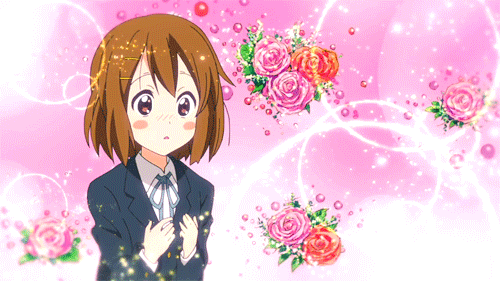CraigerGamer
Member
-san
Sempei
Sensai
-chan
-kun
Etc
Ect
I'm playing Persona 4 The Golden and I see a whole bunch of honorifics and I really don't know what to think of them. Do some show who is inherently the leader? Are they gender specific? Can one go from a -San to a -kun? Sometimes the honorific seems given out of respect, other times it's almost done to mock the person. I'd love to know more.
Sempei
Sensai
-chan
-kun
Etc
Ect
I'm playing Persona 4 The Golden and I see a whole bunch of honorifics and I really don't know what to think of them. Do some show who is inherently the leader? Are they gender specific? Can one go from a -San to a -kun? Sometimes the honorific seems given out of respect, other times it's almost done to mock the person. I'd love to know more.
I know I could google all this but I thought I would get more subtle and specific answers asking GAF.







